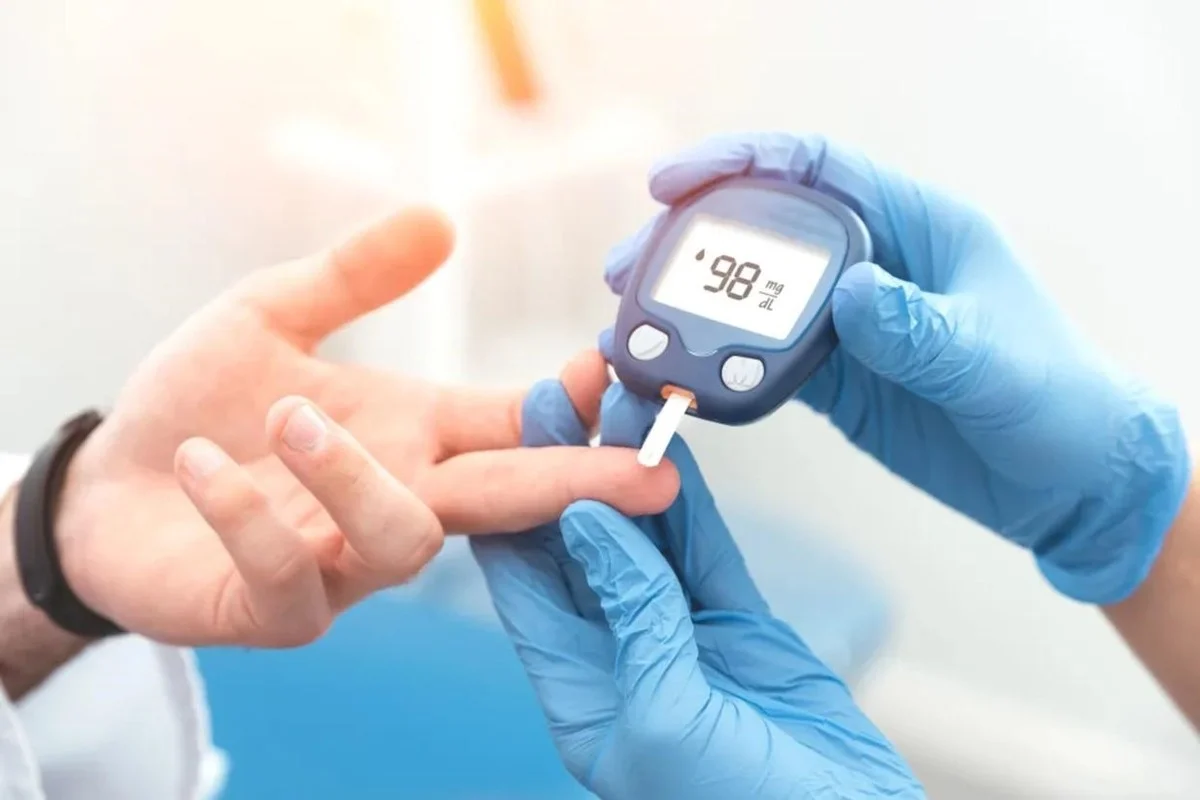25/08/2025
25/08/2025

NEW YORK, Aug 25: Potatoes are a staple in many diets, but recent research suggests that how they are prepared can significantly affect your health. A new Harvard study has found a link between certain potato preparations and an increased risk of developing type 2 diabetes.
Not all potatoes carry the same risk, however. Some varieties and cooking methods remain safe to enjoy, while others — particularly French fries — may contribute to higher diabetes risk.
“We’re shifting the conversation from, ‘Are potatoes good or bad?’ to a more nuanced — and useful — question: How are they prepared, and what might we eat instead?” said lead author Seyed Mohammad Mousavi, postdoctoral research fellow in the Department of Nutrition.
The researchers tracked the diets of over 205,000 people for more than 30 years. They found that eating three servings of French fries per week increased diabetes risk by 20%. In contrast, other potato preparations, including baked and boiled, did not show a significant effect.
Additionally, replacing any type of potato with whole-grain foods reduced type 2 diabetes risk by 4%, while swapping French fries with whole grains cut the risk by 19%. Even replacing fries with refined grains like white bread showed some benefit.
“The public health message here is simple and powerful: Small changes in our daily diet can have an important impact on the risk of type 2 diabetes,” said corresponding author Walter Willett, professor of epidemiology and nutrition. “Limiting potatoes — especially limiting French fries — and choosing healthy, whole-grain carbohydrate sources could help lower the risk across the population.”
This is the second study in the past year to examine potatoes and diabetes risk. Research from Australia previously found that people who ate the most potatoes had a 9% higher diabetes risk compared to those who ate the fewest. Boiled potatoes were found to have no effect on diabetes risk.
“When we separated boiled potatoes from mashed potatoes or fries, boiled potatoes were no longer associated with higher diabetes risk,” said Dr. Nicola Bondonno from Edith Cowan University’s Nutrition and Health Innovation Research Institute. “It’s mainly fries and certain mashed preparations that increase risk, often due to added cream, butter, or high-fat toppings.”
Potatoes themselves are nutritious and offer many health benefits. They contain antioxidants such as flavonoids, carotenoids, and phenolic acids, which may help protect against cancer and heart disease. They also contain resistant starch, which supports gut health and helps regulate blood sugar levels.
In 2022, Polish researchers noted that glycoalkaloids — naturally occurring compounds found in potatoes, peppers, and goji berries — may have cancer-fighting properties.
“Potatoes are just fantastic,” said Caroline Susie, a registered nutritionist and spokesperson for the Academy of Nutrition and Dietetics. “The problem is that we often prepare them in ways that reduce their benefits — peeling them, frying them, or adding high-fat toppings like sour cream and butter.”


